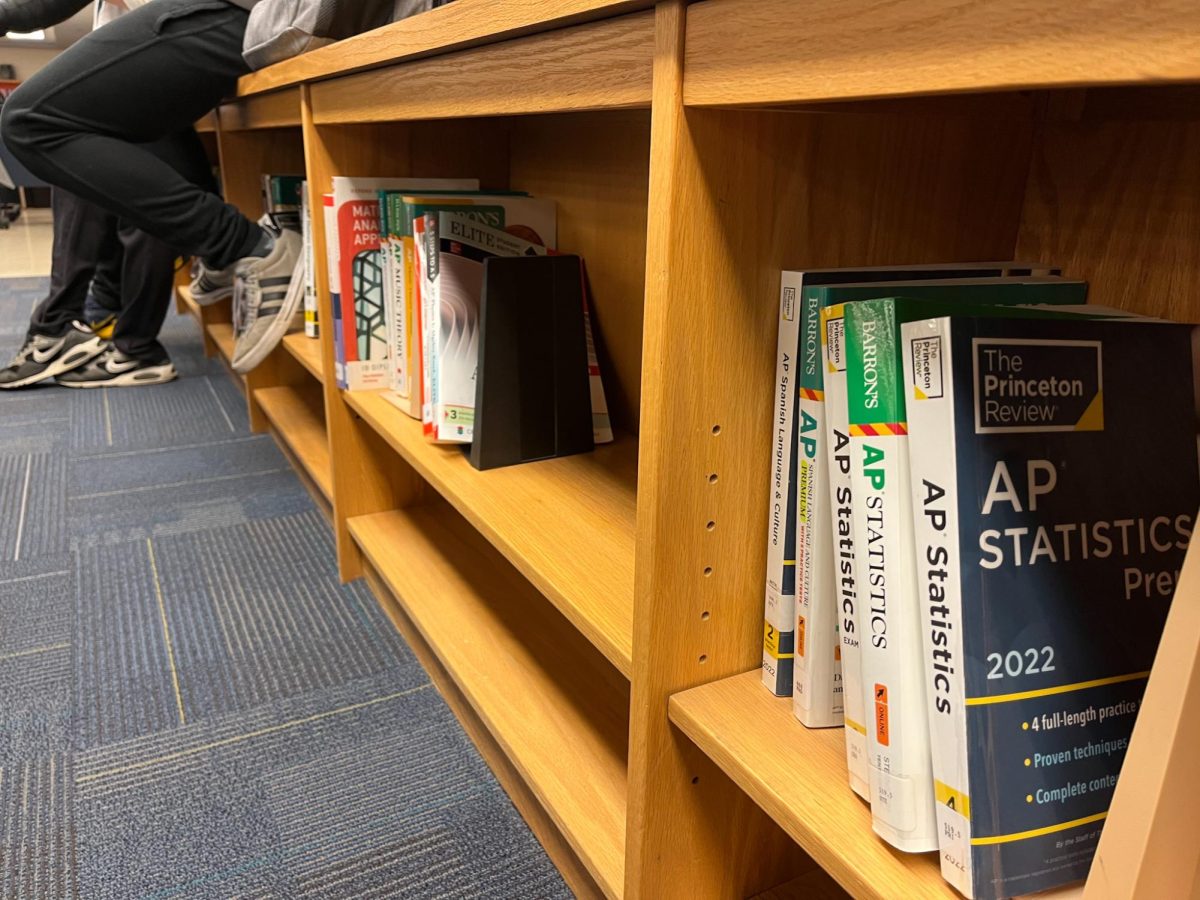We’ve all done it at some point. It’s procrastination: the grade-trashing-Sunday-night-ruining-high-anxiety habit that we just can’t break. It’s the greatest thing ever—until the night before that project you’ve had two weeks to work on is finally due.
A recent survey of 100 CHS students found that 44 percent of students always procrastinate on projects, essays, homework and other schoolwork. Thirty-five percent often procrastinate, 15 percent sometimes do, and six percent never do. Clearly, procrastinating at CHS is an issue.
“I’ve pulled an all-nighter working on an English essay,” senior Camie Geenen said.
But students aren’t the only ones at CHS who are procrastinating. It’s not uncommon for teachers to put off grading papers and entering their grades onto Edline.
“I’ll find any household chore to do instead of grading papers [on the weekend],” Spanish teacher Gayle Jones said.
Some students who procrastinate don’t get their work done at all. When that happens, teachers are accustomed to hearing a wide range of excuses for why students don’t have their work.
Technology has played a major role in the art of excuse-o-rama; “My dog ate my homework” has been replaced by more relevant excuses such as “My Internet was down,” or “My computer broke.” Then there are the ever popular “My printer ran out of ink” and “My printer broke.”
“The printer is a huge [excuse],” English teacher Shelley Perrett said. “There’s a Potomac printer epidemic.”
Some students with extracurricular activities like sports, performing arts or religious obligations, however, don’t have trouble getting work done in a timely manner because they do not have enough time in the day to procrastinate.
“When I was practicing for my Bar Mitzvah it got me to not procrastinate on my homework,” freshman Noah Bergman said.
CHS teachers have advice for all delayers. Jones recommends starting assignments the day they are given out and making good use of time provided by the teachers in class. English teacher Barbara Levitt advises sharing your work with your teacher and Perrett advocates getting a small piece done every day.
Then there are those lucky few who work best when the clock is ticking and the looming deadlines are getting closer and closer. For those people, procrastination is just the right strategy.







